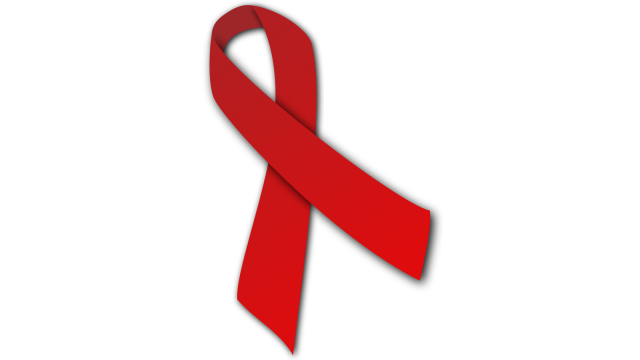HRC Honors National Transgender HIV Testing Day

Post Submitted by Ames Simmons, HRC Board of Directors
As a transmasculine person and an HRC Board Member who cares about the health and wellness of my community, I am proud to join HRC in support of National Transgender HIV Testing Day (NTHTD). While I believe that transgender people should take pride in knowing their HIV status, there is much more work to do to ensure equal access to culturally competent care.
“NTHTD is a day to recognize the importance of routine HIV testing, status awareness and continued focus on HIV prevention and treatment efforts among transgender people,” the Center of Excellence for Transgender Health explained. “This initiative encourages community-based organizations (CBOs), health jurisdictions, and HIV prevention programs to participate by hosting local trans HIV testing community events.”
Until very recently, HIV testing and prevention efforts geared toward the LGBTQ community have been focused almost exclusively on cisgender men who have sex with men (MSM). By focusing on a particular gender identity and sexual orientation, those efforts missed huge segments of the transgender and gender non-conforming community. For example, there is very little data about trans MSM, which means that existing HIV testing, prevention and treatment efforts might not adequately address their needs.
In my experience, there also tends to be a lack of trust among trans people – and trans men in particular – regarding healthcare services because of real and perceived stigma. This distrust harms trans people’s ability to obtain gender-affirming care when they might need it most. For instance, some trans men get their hormones from someone other than a medical provider, and may even share needles to inject testosterone if new needles are not easy to access. This is deeply troubling considering how it easy it can be for HIV to be transmitted via injection equipment. Also, some trans men are “stealth” (i.e., choose to not reveal their status as a trans person), which may affect their comfort in accessing HIV-related services in the first place. Fortunately, when trans people are able to develop trusting relationships with providers who are knowledgeable, we know they are more likely to stay engaged in care.
It took me several years to find a healthcare provider who I could trust. I ended up with an osteopath who specializes in hormone replacement therapy for transgender people and HIV services. Although I felt very comfortable asking my doctor for an HIV test, I was shocked to receive a bill for the lab work. My health plan considered the test a non-essential service. Only continued advocacy and visibility will elevate the health needs of trans people and ensure that trans people get the care that we need and deserve.
I am proud to be a part of NTHTD and to take part in knowing my status. To read more about HRC’s work to combat HIV among transgender people, click here.
HRC is committed to working with our members, supporters, partners and allies to end the HIV epidemic and the stigma surrounding HIV. Join the conversation about National Transgender HIV Testing Day by using the hashtags #BeInTheKnow and #TransHIV.
www.hrc.org/blog/hrc-honors-national-transgender-hiv-testing-day?utm_source=rss&utm_medium=rss-feed
You Might Like
